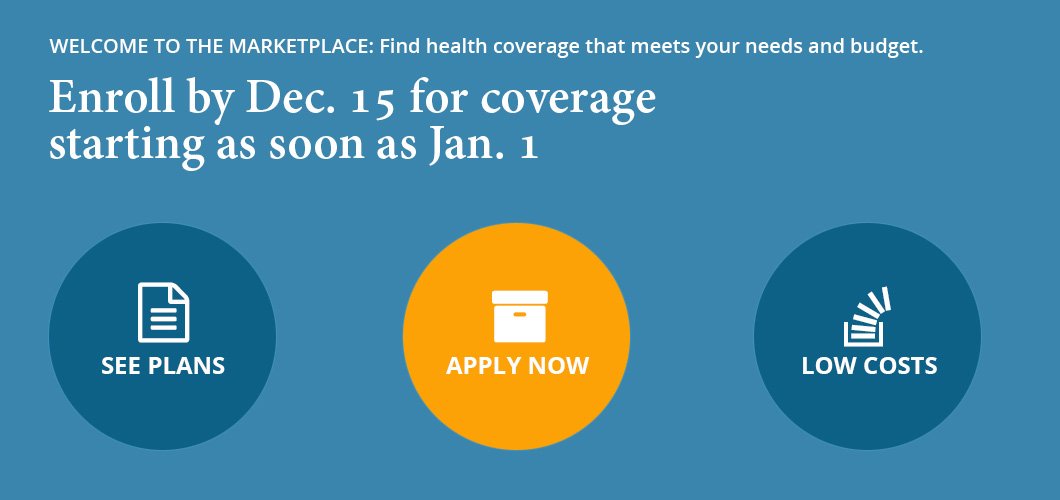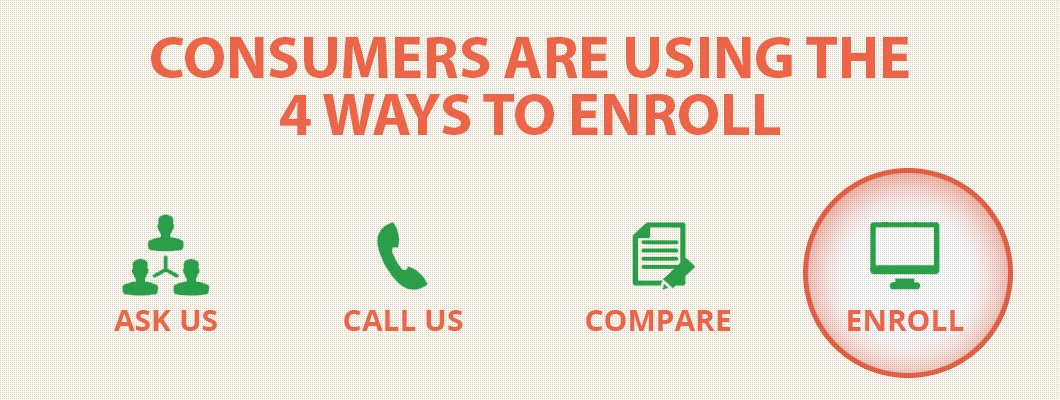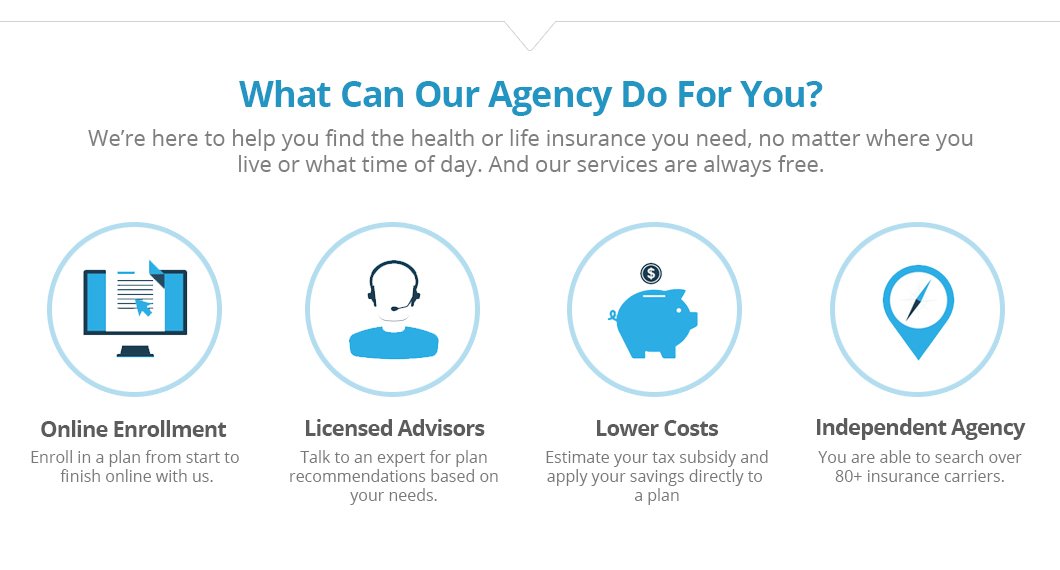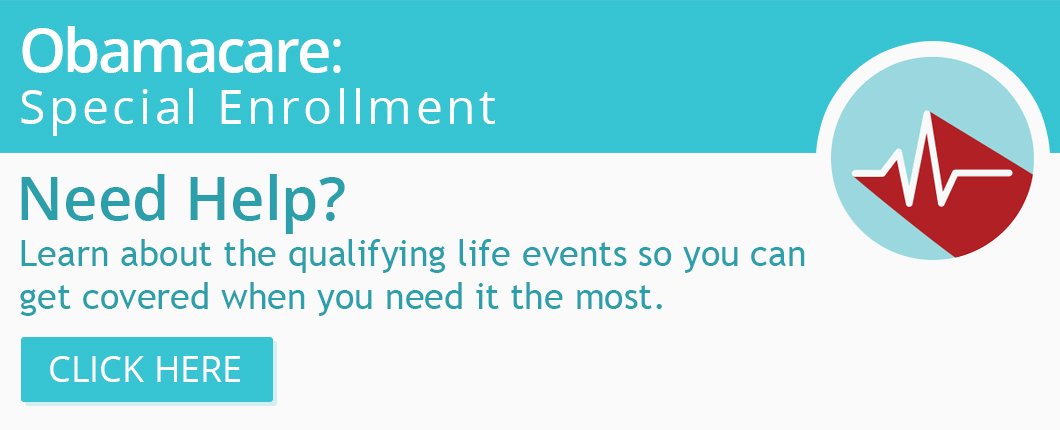Comradery Health Agency Medicare / Community Resource Page
Medicare is our country's health insurance program for people age 65 or older. Certain people younger than age 65 can qualify for Medicare too, including those with disabilities and those who have permanent kidney failure.
The program helps with the cost of health care, but it does not cover all medical expenses or the cost of most long-term care. You have choices for how you get Medicare coverage. If you choose to have Original Medicare (Part A and Part B) coverage, you can buy a Medicare Supplement Insurance (Medigap) policy from a private insurance company.
The Parts of Medicare
Social Security enrolls you in Original Medicare (Part A and Part B).
- Medicare Part A (hospital insurance) helps pay for inpatient care in a hospital or limited time at a skilled nursing facility (following a hospital stay). Part A also pays for some home health care and hospice care.
- Medicare Part B (medical insurance) helps pay for services from doctors and other health care providers, outpatient care, home health care, durable medical equipment, and some preventive services.
Other parts of Medicare are run by private insurance companies that follow rules set by Medicare.
- Supplemental (Medigap) policies help pay Medicare out-of-pocket copayments, coinsurance, and deductible expenses.
- Medicare Advantage Plan (previously known as Part C) includes all benefits and services covered under Part A and Part B — prescription drugs and additional benefits such as vision, hearing, and dental — bundled together in one plan.
- Medicare Part D (Medicare prescription drug coverage) helps cover the cost of prescription drugs.
Most people age 65 or older are eligible for free Medical hospital insurance (Part A) if they have worked and paid Medicare taxes long enough. You can enroll in Medicare medical insurance (Part B) by paying a monthly premium. Some beneficiaries with higher incomes will pay a higher monthly Part B premium. To learn more, read Medicare Premiums: Rules For Higher-Income Beneficiaries.
Should I Signup Medical Insurance Part B?
At SSA website you can sign up for Medicare Part A (hospital insurance) and Part B (medical insurance). Because you must pay a premium for Part B coverage, you can turn it down.
If you’re eligible at age 65, your initial enrollment period begins three months before your 65th birthday, includes the month you turn age 65, and ends three months after that birthday.
If you choose not to enroll in Medicare Part B and then decide to do so later, your coverage could be delayed and you may have to pay a higher monthly premium for as long as you have Part B. Your monthly premium will go up 10 percent for each 12-month period you were eligible for Part B, but didn’t sign up for it, unless you qualify for a "Special Enrollment Period" (SEP).
Special Enrollment Period (SEP)
If you have medical insurance coverage under a group health plan based on your or your spouse's current employment, you may not need to apply for Medicare Part B at age 65. You may qualify for a "Special Enrollment Period" (SEP) that will let you sign up for Part B during:
Any month you remain covered under the group health plan and you or your spouse's employment continues. The 8-month period that begins with the month after your group health plan coverage or the employment it is based on ends, whichever comes first.
Apply for Medicare Only (On SSA.GOV Website)
Turning 65 soon?
There was a day, sometime not all too long ago, when turning 30 seemed old. And at that time, you may not have believed that the day you became eligible for Medicare would come…
Well, that day is just around the corner and turning 65 is a big life event. In fact, thousands of Baby Boomers are doing it every day! So here’s what you need to know:
In most cases, you will be 65 when enrolling in Medicare. And no, your spouse’s age does not count.
You may enroll in Medicare even if you are not collecting Social Security yet.
You may enroll in Medicare even if you work past age 65 and have employer coverage... or if you are 65 and have coverage through your spouse’s employer.
Your first opportunity to sign up for Medicare is called your Initial Enrollment Period (IEP). And it happens right around your 65th birthday… and lasts a total of 7 months. Note that this time period includes your birthday month… plus the 3 months before and the 3 months after. It is in your best interest to sign up early in order to avoid gaps in coverage and late enrollment penalties.
Please note that you may be enrolled in Medicare automatically if you currently receive Social Security or Railroad Retirement Board benefits. In this case, you will receive your Medicare card in the mail a few months before your 65th birthday. That being said, you still have an IEP during which you may make Medicare coverage decisions.
Seriously. All is not lost if you miss your IEP.
You can sign up later, but you could face some penalties if you wait too long.
Reach out to us today for more information.
Medicare beneficiaries can qualify for Extra Help paying for their monthly premiums, annual deductibles, and co-payments related to Medicare prescription drug coverage.
We estimate the Extra Help is worth about $5,100 per year. To qualify for Extra Help, you must be receiving Medicare and have limited resources and income. You must also reside in one of the 50 states or the District of Columbia.
Community/Senior Resource
A Helpful Resource to Manage Prescription Costs for Seniors
https://www.senioradvice.com/articles/financial-assistance-for-prescription-drugs
https://www.payingforseniorcare.com/medicare/illinois
https://www.caring.com/senior-living/assisted-living/illinois.
Caring for a Loved One with Mesothelioma:
https://www.simmonsfirm.com/mesothelioma/caregivers/?
Mesothelioma AI Tool -
https://www.lanierlawfirm.com/mesothelioma/life-expectancy/Lung Cancer Resource:
https://www.lungcancergroup.com/lung-cancer/stages/stage-4/
https://www.asbestos.com/mesothelioma/
Mesothelioma Treatment Guide:
https://mesothelioma.net/treatment-for-mesothelioma/Mesothelioma Lawyer Center:
https://www.mesotheliomalawyercenter.org
Nursing Home Abuse Center:
https://www.nursinghomeabusecenter.com
Vetting a Doctor Before Surgery -fhvlegal.com/vetting-doctor-before-surgery/
checklist on the topic -Vetting a Doctor Before Surgery Checklist
helps low income african americans with finding financial assistance programs.
https://helpforafricanamericans.org/
Mesothelioma Veterans Center, an advocacy organization dedicated to supporting veterans exposed to asbestos during their service.
https://www.mesotheliomaveterans.org/
Resources for Seniors In Illinois
https://www.assistedliving.org/illinois/
https://www.assistedliving.org/assisted-living-near-me/
https://www.assistedliving.org/cost-of-assisted-living/
https://www.assistedliving.org/senior-housing/
BLOG: Do Medicare or Medicaid pay for senior living?





























































